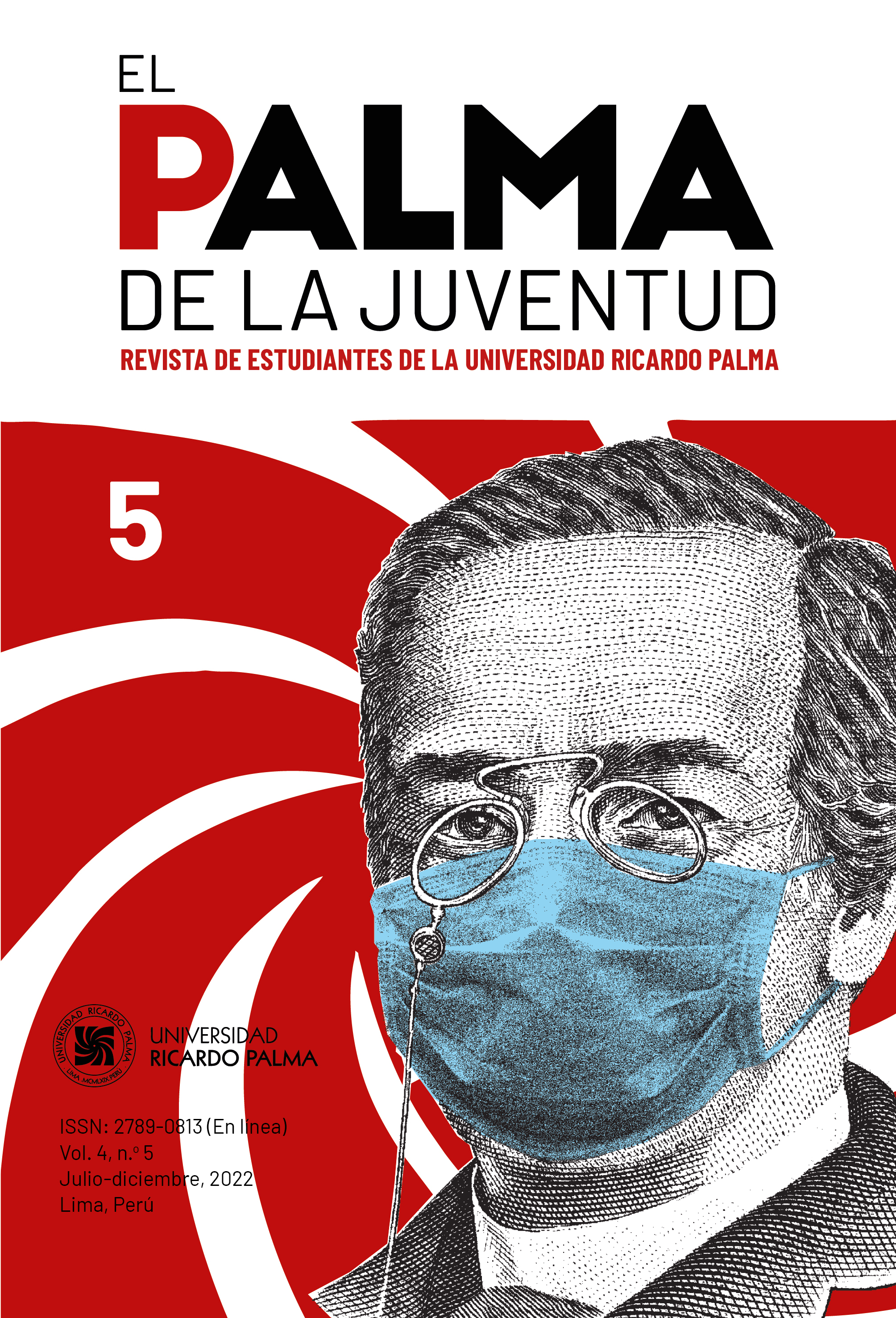The effect of the intestimable body in Alberto Szpunberg’s work
DOI:
https://doi.org/10.31381/epdlj.v4i5.5127Keywords:
Alberto Szpunberg, testimony, Argentine poetry, State violence, death flightsAbstract
Poet and revolutionary militant linked to the armed struggle of the sixties and seventies in Argentina, Alberto Szpunberg (1940-2020) left the country during the last civil-military dictatorship to survive and safeguard his family. Since then, after the experience of exile and the disappearance of his companions, his writing has taken on the task of bearing witness to the genocidal violence exercised by State terrorism. Over the years, Szpunberg’s poetics insistently reworks a question: what transformations in the material world is the presence of a body tortured to death capable of bringing about? In this article, we will dwell on different reinscriptions that the poet makes of the flights of death in order to examine, from the perspective of the affective turn, how this writing configures a testimonial lyric capable of updating the dictatorial barbarism and thus affect the experience of the current time.
References
Agamben, G. (2019). Lo que queda de Auschwitz: el archivo y el testimonio. Adriana Hidalgo Editora.
Béjar, C. (2021). Cuerpos en fuga: el afecto espinosista en la teoría de los devenires de Deleuze y Guattari. Metafísica y Persona, 13(25), 11-34. https://www.academia.edu/44977518
Boccanera, J. (ed.). Tierra que anda. Los escritores en el exilio. Ameghino.
Clough, P. T. (2007). Introduction. En P. T. Clough y J. Halley (eds.), The affective turn: theorizing the social (pp. 1-33). Duke University Press.
Deleuze, G. y Guattari, F. (2008). Mil mesetas: capitalismo y esquizofrenia. Pre-Textos.
Derrida, J. (1996). Hablar por el otro. Diario de Poesía, 10(39), 18-20.
Flatley, J. (2008). Affective Mapping. Melancholia and the Politics of Modernism. Harvard University.
Freidemberg, D. (2008). El tiempo interrogado. En A. Szpunberg, Apuntes. Luces que a lo lejos (pp. 5-17). Ediciones Colihue.
Jelin, E. (2002). Los trabajos de la memoria. Siglo XXI Editores.
Losiggio, D. (2017). La política desde el affective turn: el rescate de las pasiones. En A. Abramowski y S. Canevaro (comps.), Pensar los afectos: aproximaciones desde las ciencias sociales y las humanidades (pp. 49-58). Universidad Nacional de General Sarmiento.
Rastier, F. (2005). Ulises en Auschwitz. Primo Levi, el sobreviviente. Reverso Ediciones.
Redondo, N. (2016). La voz popular y el concepto de patria en poetas argentinos de los 50-70 del siglo xx. Ediciones de la Campana.
Szpunberg, A. (2013). Como sólo la muerte es pasajera. Poesía reunida 1962-2013. Entropía.
Tatián, D. (2008). Lo impropio. En C. Vallina (ed.), Crítica al testimonio. Ensayos sobre las relaciones entre memoria y relato (pp. 49-65). Beatriz Viterbo Editora.
Downloads
Published
How to Cite
Issue
Section
License
Copyright (c) 2022 Luján Travela

This work is licensed under a Creative Commons Attribution 4.0 International License.
La revista utiliza una licencia Creative Commons para mostrar a los lectores y usuarios cómo se pueden utilizar los contenidos publicados.
Los contenidos publicados en esta revista están bajo una licencia CC-BY 4.0. Esta licencia permite:
- Compartir, copiar y redistribuir el material en cualquier medio o formato.
- Adaptar, remezclar, transformar y construir a partir del material para cualquier propósito, incluso comercialmente.
Bajo los siguientes términos:
- Atribución. Usted debe dar crédito de manera adecuada, brindar un enlace a la licencia, e indicar si se han realizado cambios. Puede hacerlo en cualquier forma razonable, pero no de forma tal que sugiera que usted o su uso tienen el apoyo de la licenciante.










